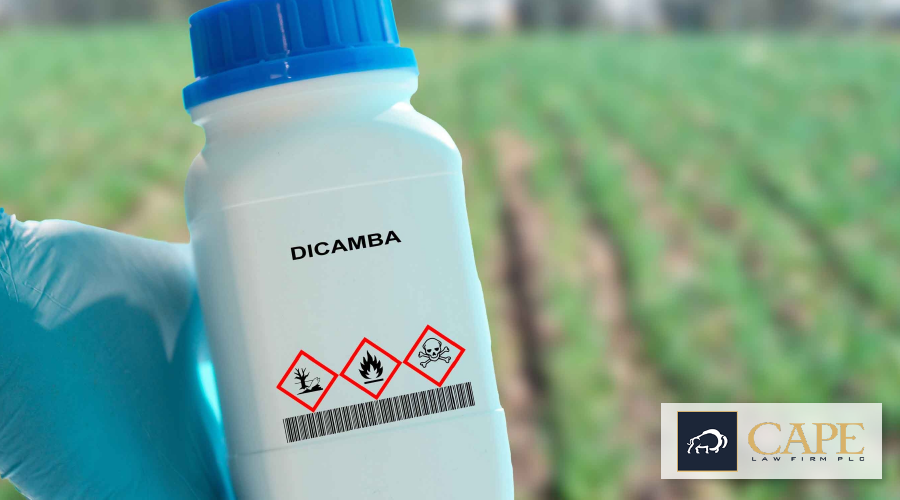Dicamba’s OTT Registration Vacated (Again)
A federal district court in Arizona vacated the Environmental Protection Agency’s (EPA) registration of three dicamba products for over-the-top (OTT) application this week. In essence, the court found that EPA failed to comply with requirements under the Federal Insecticide, Fungicide, and Rodenticide Act (FIFRA) when it re-registered dicamba for OTT applications in 2020. This marks the second time that EPA’s registration of dicamba for OTT applications has been vacated – the Ninth Circuit Court of Appeals vacated the registrations in 2020. News of the court’s decision has been swift and widespread – DTN Progressive Farmer’s Todd Neeley has a good write-up here.
You can also read the court’s opinion here.
Appellate Court Rejects Preemption in Pesticide Failure-to-Warn Claims (Again)
The Eleventh Circuit Court of Appeals rejected arguments for a second time that the Federal Insecticide, Fungicide, and Rodenticide Act (FIFRA) preempts State law tort claims, including failure-to-warn claims. The case, Carson v. Monsanto Company, involves an appeal of one of the Roundup cancer cases, although this case never went to trial. Instead, the Parties reached a settlement in which Bayer-Monsanto paid the plaintiff to appeal some of his claims, including a failure-to-warn claim, as part of a strategy to obtain conflicting rulings among federal appellate courts on the scope of preemption under FIFRA. A 3-judge panel of the Eleventh Circuit originally rejected arguments that FIFRA preempted the plaintiff’s failure-to-warn claims, but an en banc panel (i.e., full panel) remanded the case for further consideration. This week, the appellate court concluded again that FIFRA does not preempt State law tort claims, including failure-to-warn claims. In essence, FIFRA does not prevent a plaintiff from bringing State law tort claims for pesticide harms, as long as the claims are consistent with FIFRA’s requirements.
The ruling is also a victory for farmers, as it allows them to obtain remedies for pesticides that are poorly labeled, cause crop damage, or just don’t work as they are supposed to. You can read the opinion here.
Cherokee Nation opens Seed Bank for Heirloom Plant Varieties
The Cherokee Nation’s own Seed Bank will soon be accepting requests for seeds of heirloom and rare plant varieties native to the Cherokees and their geography. The Tribe’s Seed Bank is a project that has been running since 2006 and has curated a genetic stockpile of historical and traditional plant varieties that have been culturally significant to the Tribe. Rare and nearly-forgotten plant varieties have experienced a bit of a renaissance in recent years for their unique flavors and qualities. For example, rare and heirloom varieties are being sought out by bakers, craft brewers and distillers, and restaurants to create unique foods and products. The Seed Bank has professionally produced seed supplies that it will distribute to tribal members for free on a first-come, first-served basis beginning on February 6.





